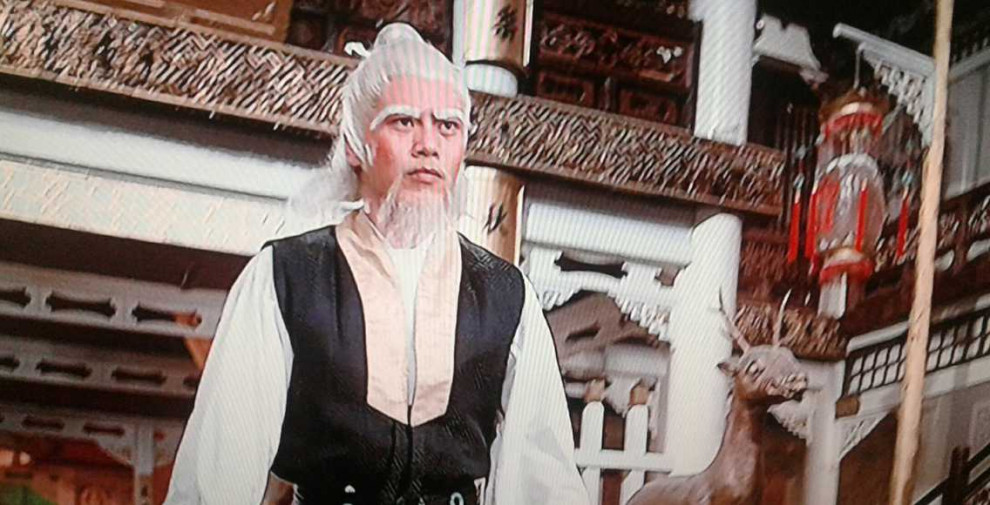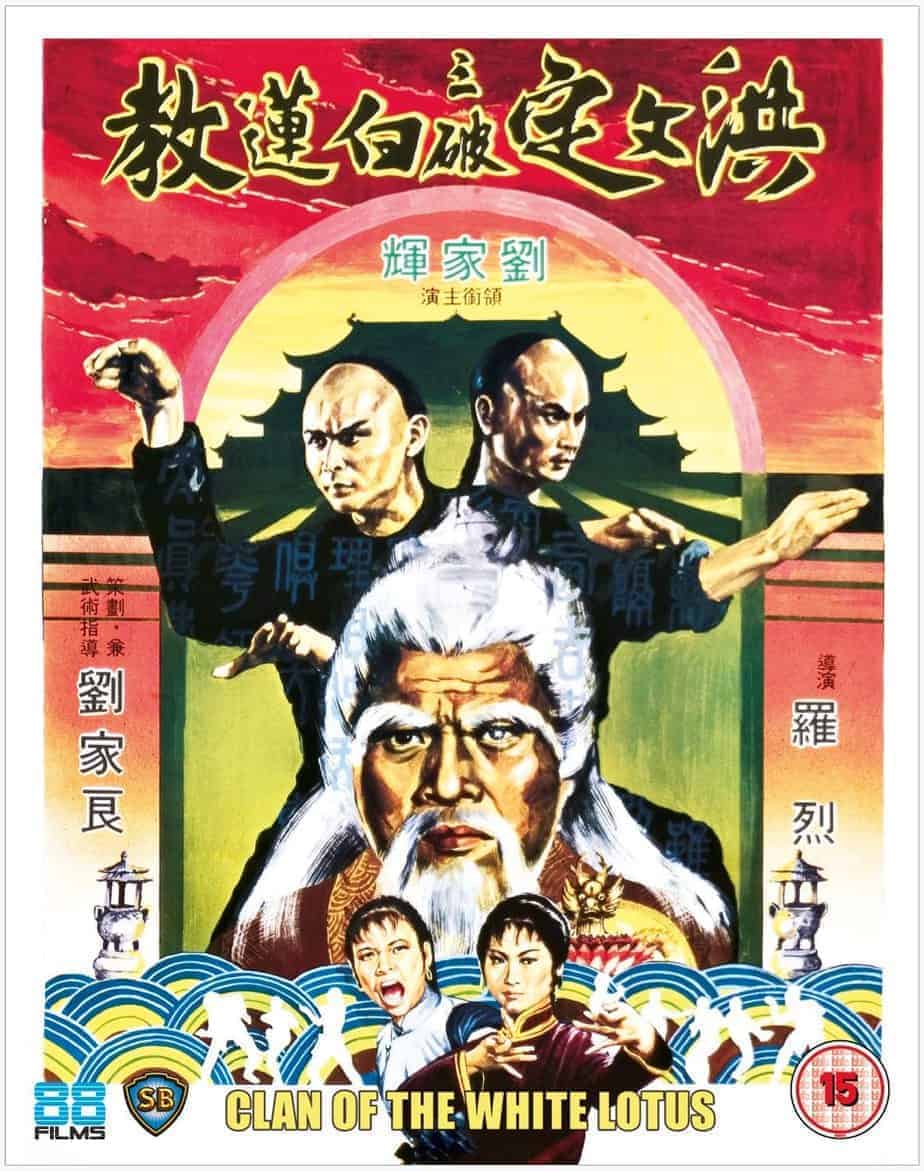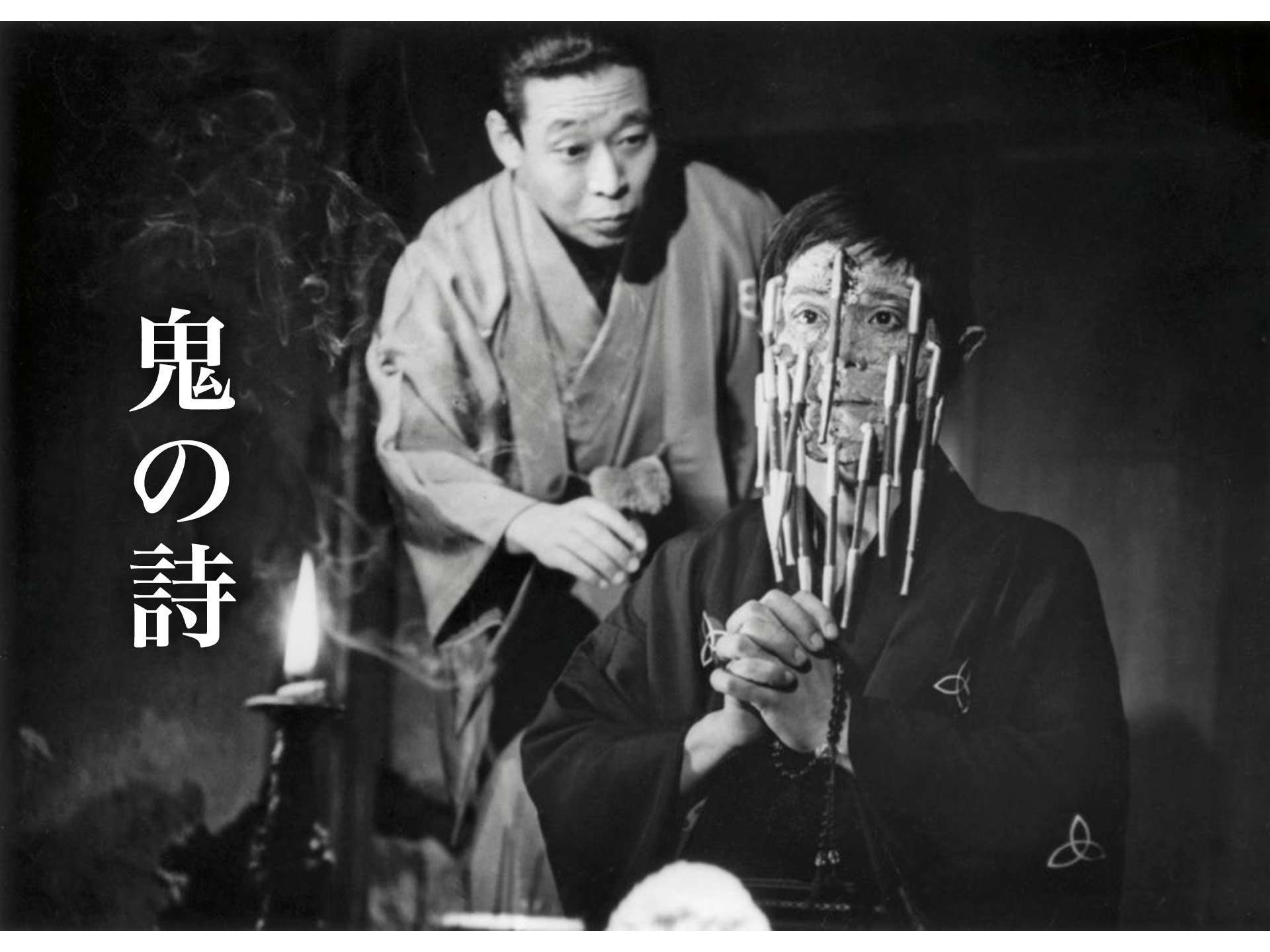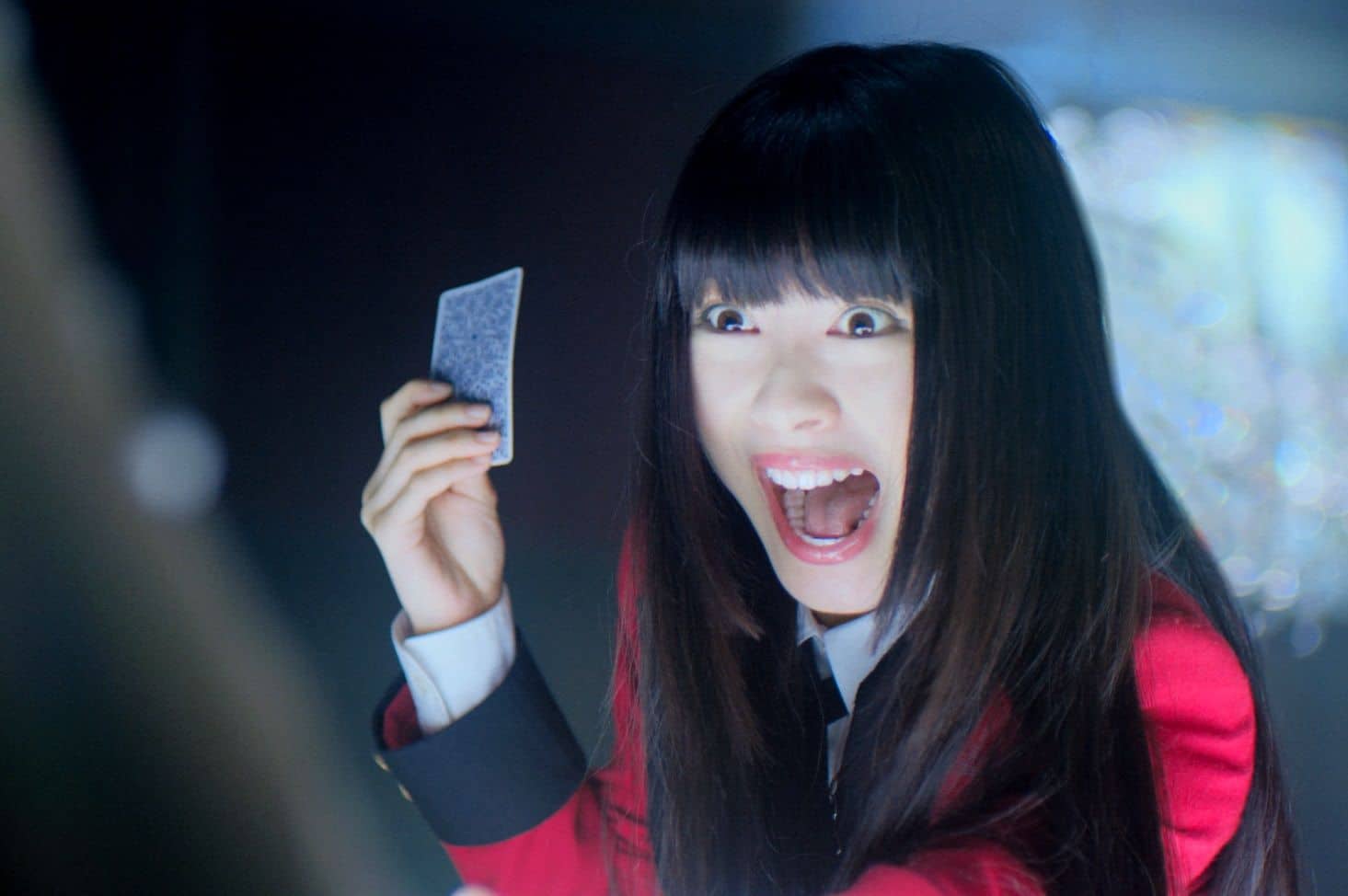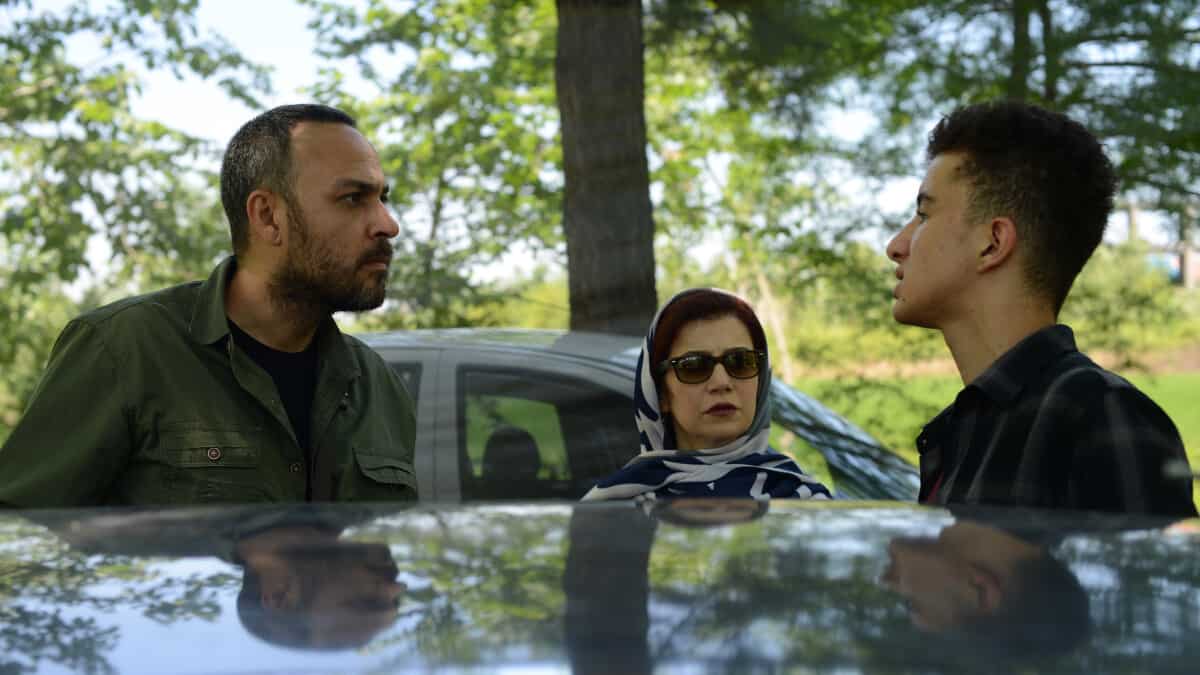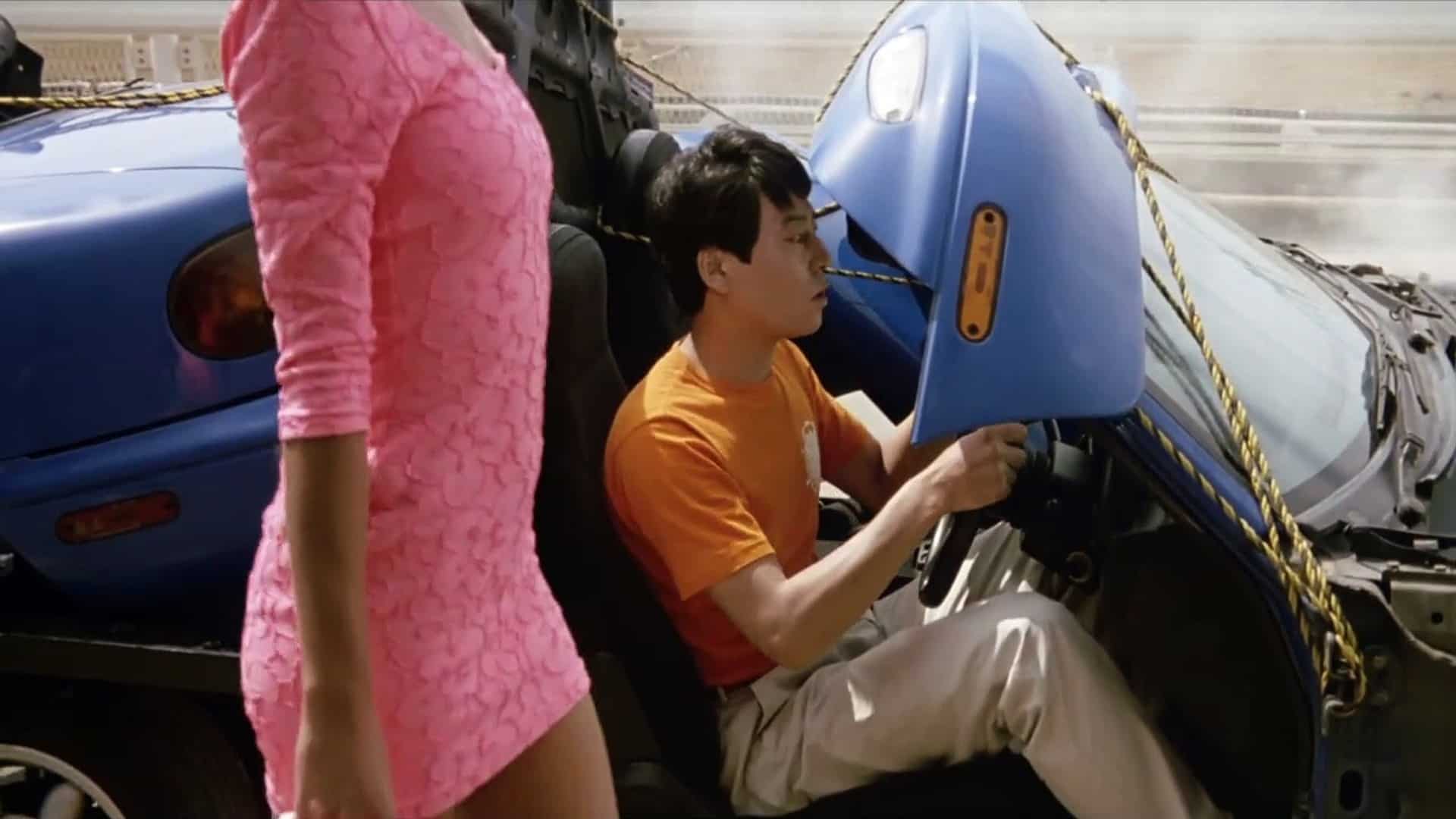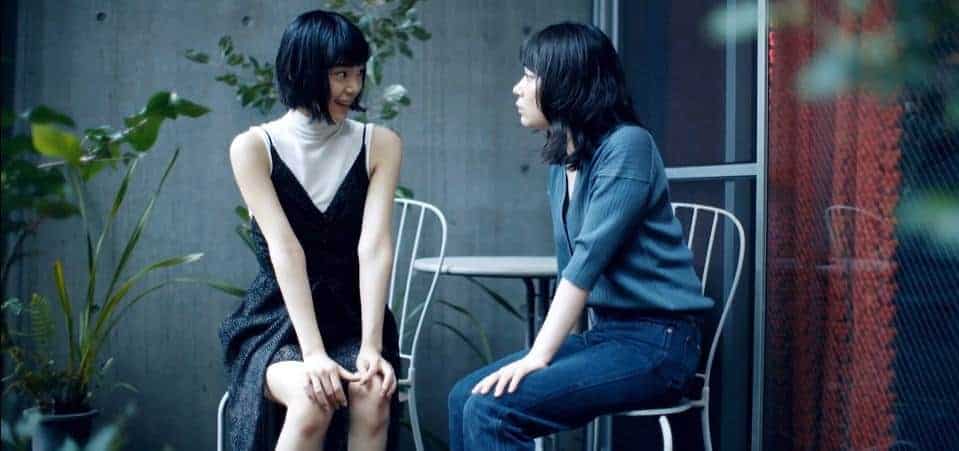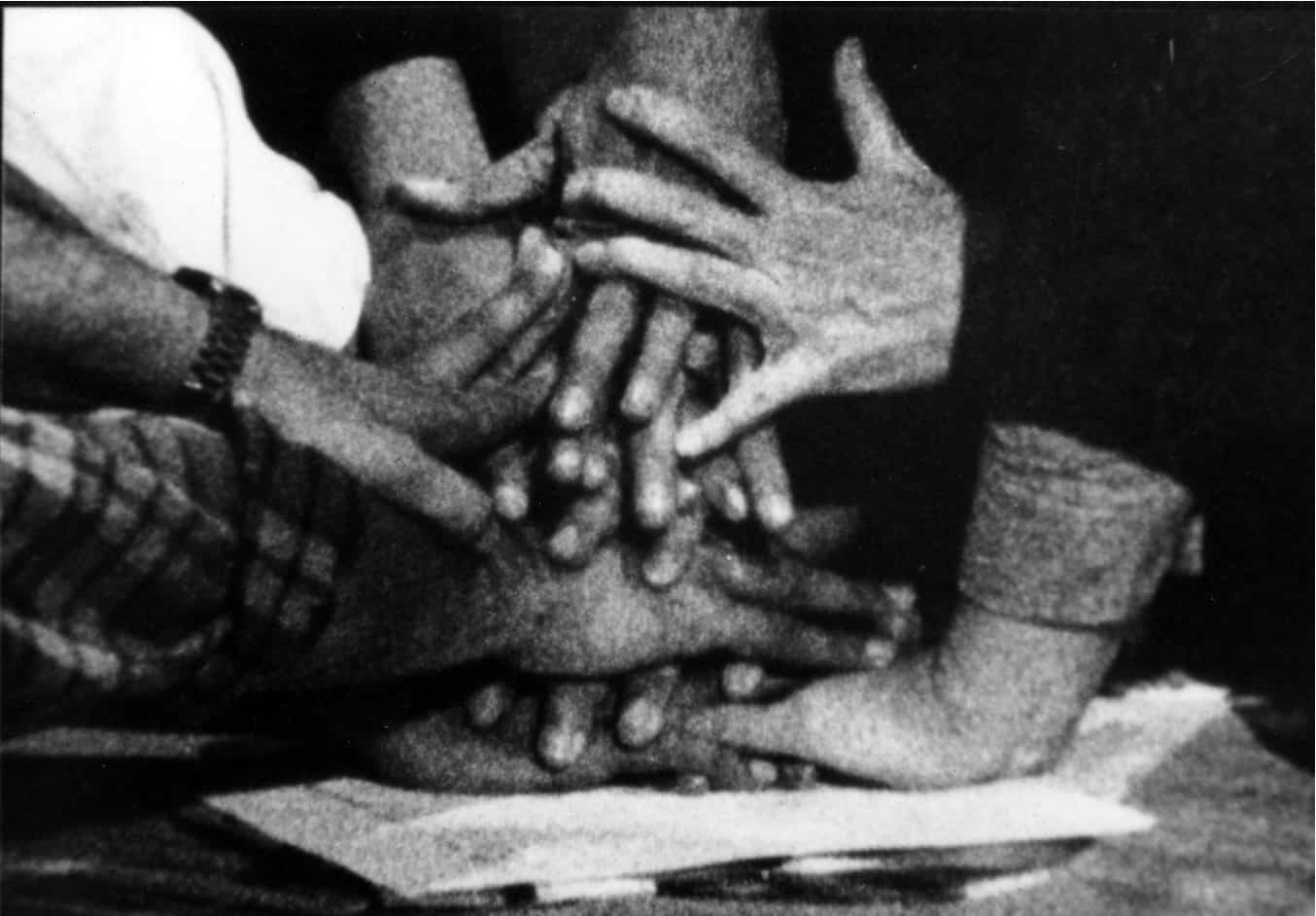In Kill Bill 2, we get the modern reimagining of one of martial arts cinema more iconic characters – Pai Mei, the white eyebrowed monk. It's the standout section in what was for this reviewer an awful movie. The casting of Gordon Liu who played Pai Mei's nemesis across the two original Shaw Brothers movies as Pai Mei himself was a nice touch. Having not watched the originals in some time, I was presented with the opportunity to rewatch “Clan of the White Lotus” on blu ray after a new release in the UK. So after stroking my beard and letting loose an evil cackle, it's time to see if it stands up today after 40 years.
Buy This Title
The movie starts with a prologue as Hung Wen-ting (Gordon Liu) and his martial arts brother defeat the traitorous White Eyebrow monk using their combined techniques, locating his fatal pressure point. Ko Chin-ching (Wang Lung-wei), angry at the emperor's decision to release the Shaolin captives, goes to his master Priest White Lotus (Lo Lieh) to seek vengeance and take revenge for the death of White Lotus's brother, seen at the beginning. After a massacre that sees only Hung and his sister in law Mei-Hsiao (Kara Wei) escape, the fugitives flee. Hung develops his skills combininghis technique with that of his fallen comrade. In a confrontation with White Lotus, he is soundly beaten, and so has to learn the art of women's kung fu from Mei-Hsiao to stand any chance of victory.
Whilst realistically no-one really watches martial arts movies for the intricacies of the plot, it must be said that “Clan of the White Lotus” has one of the slenderest you will ever see. It is certainly the weakest point of the movie. All we really see is Hung get bested by White Lotus, go back and work on his skills, get bested etc. There's absolutely no sense of a character arc other than a groundhog day repetition of Hung learning skills to take revenge.
Ostensibly a sequel to “Executioners from Shaolin”, it is in fact a virtual remake or reboot almost, before that became a fashionable term. It's opening sees a reworking of the original movie's conclusion with a white eyebrowed monk being slain (technically Pai Mei ). At one point, White Lotus references Hung's father (The original saw the father defeated by Pai Mei), comparing their impetuousness despite no other mention of him in the movie. Lo Lieh played Pai Mei in the original so despite being the brother here, he is essentially playing the same role.
The casual sexism of martial arts cinema comes to the fore again with the idea of learning women's kung fu. In “Executioners From Shaolin” this element felt more central as the father's stubborn refusal to listen to his wife ultimately leads to his demise. There is also the son who learns embroidery kung fu to overcome Pai Mei. Here with the two characters in effect merged, the development feels less important and played more for laughs as Hung has to act more feminine in order to learn the technique. With the final confrontation playing into this tone, it's a rather odd finale as has less intensity than you would imagine. It actually lessens the impact of White Lotus who hitherto has been an indestructible condescending foe that has acted more as a tutor in his disdainful put downs. It becomes a more comical character with Lo Lieh overplaying to reduced effect. It's in these tonal shifts that we see the difference in direction between Lo Lieh here and Lau Kar Leung in the original.
With any Shaw Brothers movie of the era, there is a style to the luxurious set design but here there is a feeling again of repetition due to the narrative structure. It feels like watching a computer game as the same scenes are replayed as Hung levels up. I half expected it to go “Game Over” by the third confrontation. Lo Lieh has tremendous presence here until the final scene. Making the character his own again as he plays Pai Mei in all but name. Gordon Liu struggles with a one note role. Ever impressive in the physical aspects, he has nothing to work with, character-wise. Kara Wai is as always graceful in movement and whilst restricted in a supporting role, she brings an assurance to the part.
Lau Kar Leung's fight choreography is as ever of a high standard. Long complex techniques are clearly shown in the wide frame with little movement of the camera, except when wire work is involved. The classical approach responds on the ability of the participants and they excel. With the repetitive structure, it would be easy for the fight scenes to be of a similar nature. Fortunately, the choreography manages to stay fresh each time, with each confrontation showing the evolution of Hung's skill. As mentioned earlier, it is only the finale that disappoints through the broader playing of the characters. Lo Lieh's direction is serviceable. There is nothing that makes it stand out and as such leaves the main focus (the action) to his perfectly capable assistants.
The character of Pai Mei has left a large legacy in martial arts cinema and whilst again a terrific presence here, it is a movie that does not live up to the sum of its parts. Whilst featuring supperb old school choreography by one of the legends of the industry, it remains a flawed production. The repetitive narrative drains it of dramatic urgency and the final duel is robbed of intensity by its tonal shift. If you don't mind these issues (or just want to skip to the fights) then there is enough to entertain. Should you prefer a worthier vehicle for Pai Mei then “Executioners From Shaolin” remains the better option.


